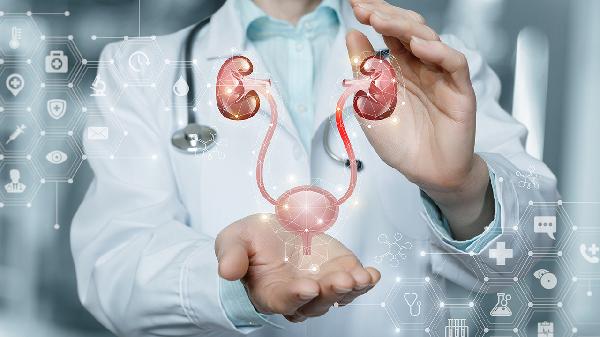Male infertility is a complex condition often rooted in congenital factors, lifestyle choices, or underlying health issues. Common causes include congenital developmental abnormalities, reproductive system malformations, and insufficient secretion of sex hormones. These factors can disrupt sperm production, quality, or delivery, leading to difficulties in conception.

Primary Causes of Male Infertility
Inherited deficiencies from parents, such as poor congenital development or reproductive system deformities, are significant contributors. Additionally, hormonal imbalances, particularly low levels of sex hormones, can impair fertility.
Types of Male Infertility
Male infertility can be categorized into several types based on traditional American medicine (TCM) principles:
Kidney Essence Deficiency
This type arises from congenital deficiencies, excessive physical strain, or overindulgence in sexual activity, which depletes kidney yin and yang. The resulting imbalance leads to a decline in kidney essence, impairing reproductive capabilities.
Qi and Blood Deficiency
Poor dietary habits, chronic illnesses, or weakened spleen and stomach functions can hinder the production of essential qi and blood. This deficiency fails to nourish congenital essence, resulting in low sperm count and infertility.
Damp-Heat Accumulation
Excessive consumption of rich, greasy foods, alcohol, or exposure to external damp-heat pathogens can lead to internal heat accumulation. This heat travels downward, disturbing the sperm chamber and reducing sperm production.
Qi Stagnation and Blood Stasis
Physical trauma, prolonged emotional stress, or chronic illnesses can cause qi stagnation and blood stasis. These blockages obstruct the sperm pathways, leading to infertility.
Lifestyle Management for Male Infertility
Adopting a healthy lifestyle is crucial for improving fertility outcomes. Here are some practical recommendations:
Maintain a Balanced Routine
Establish a regular sleep schedule, ensure adequate rest, and engage in moderate physical activity. Sun exposure is beneficial, while avoiding harmful substances like tobacco, alcohol, and toxic environments is essential.
Practice Moderation in Sexual Activity
Avoid excessive sexual activity and adjust frequency based on sperm density to prevent further depletion of kidney essence.
Optimize Nutrition
Incorporate foods rich in arginine and zinc, such as cuttlefish, oysters, shellfish, shrimp, beef, egg yolks, walnuts, and seaweed. A diet abundant in fruits and vegetables also supports overall reproductive health.
By addressing the root causes and adopting a holistic approach to lifestyle management, men can enhance their fertility potential and improve their chances of conception.
























